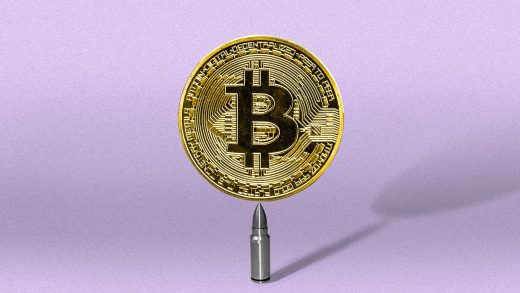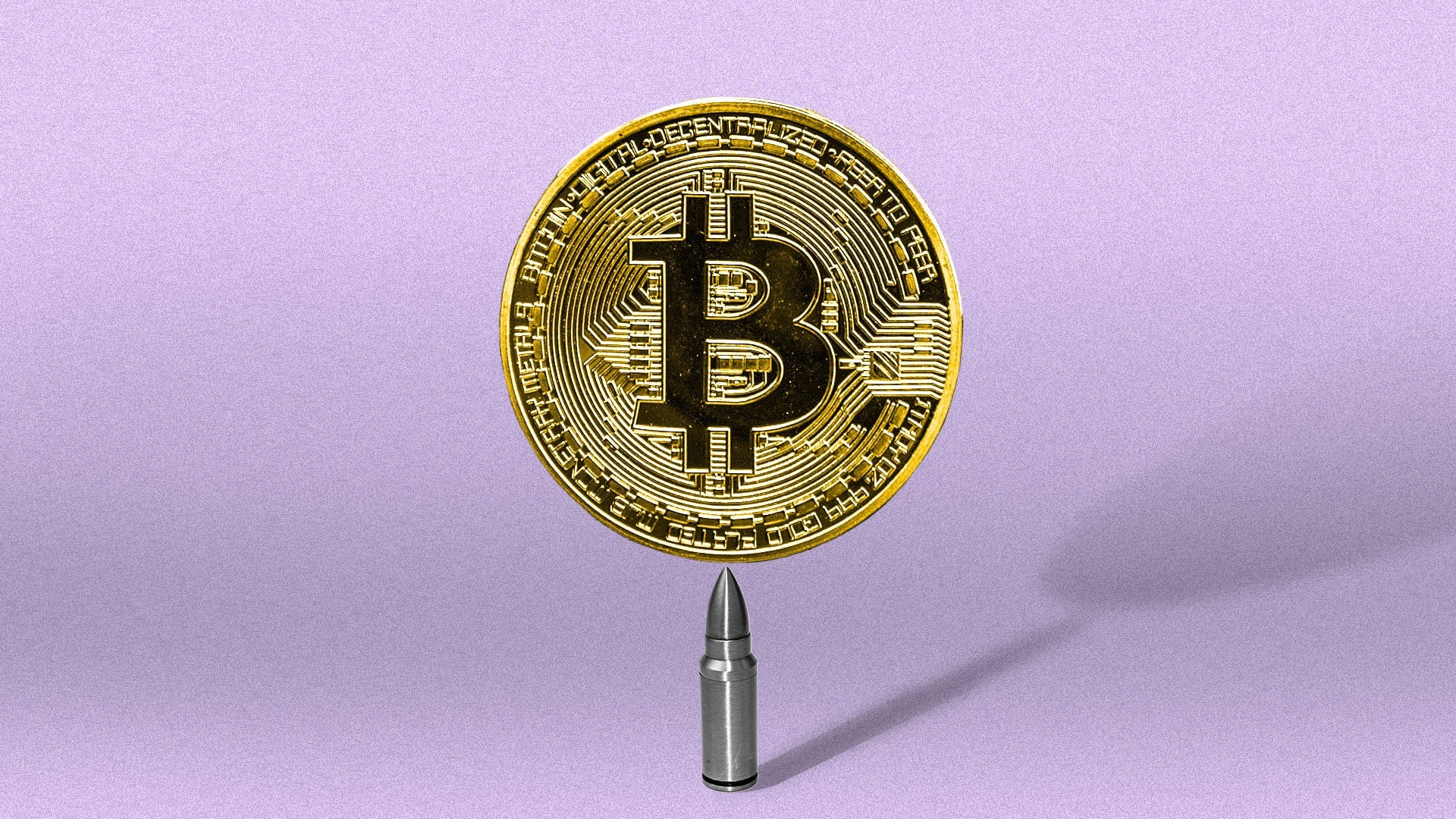Is Trump responsible for the recent Bitcoin rally?
Is Trump responsible for the recent Bitcoin rally?
Since Saturday’s assassination attempt, the price of Bitcoin has climbed more than 9%.
BY Chris Morris
Cryptocurrency prices continued to spike Monday following the weekend’s attempted assassination of former President and Republican nominee Donald Trump. The rise comes amid growing optimism by backers that Trump, who has positioned himself as a crypto champion, will retake the White House in November.
But are the longer-term increases the wider crypto world has seen a direct result of Trump’s support of the alternate payment method—or is he riding a larger wave and getting credit for some of those increases in the process?
While Trump’s support has certainly energized crypto enthusiasts, it’s likely not the sole cause of the gains.
Year to date, Bitcoin and Ethereum have both seen gains of roughly 45%. Those jumps, as well as others seen by many smaller cryptocurrencies, are due to a number of factors, primarily some key regulatory victories that digital currencies have scored.
In January, nine Bitcoin ETFs hit the market, which opened up cryptocurrency trading to an entirely new audience via traditional finance names such as BlackRock. In May, the Securities and Exchange Commission approved a proposal for an Ether-based ETF. And Spot Ether ETFs (which would directly hold ETH tokens) are reportedly likely to begin trading next week.
In April, Bitcoin experienced a halving event, a once-every-four-years occasion when the number of new coins going into circulation is reduced by 50%. That creates a scarcity as it reduces the pace that new Bitcoin can enter the market.
Bitcoin hit a record in mid-March, but has struggled some since then, in part due to the dumping of tokens from the defunct Mt. Gox exchange in Japan. A slump a week ago was blamed on the sell-off of seized Bitcoin by the German government.
Still, say market observers, Trump’s strong support of crypto can’t be ruled out as a factor in the current bull run.
“Trump has been less conservative about crypto’s acceptance. In fact [his] political campaign is the first to accept crypto donations,” Ramnath Chellappa, a professor at Emory University’s Goizueta Business School, tells Fast Company. “There is no other explanation for these abnormal returns than the support Trump has offered. You can compare this with returns on the stock market, commodity prices, and other indices. But no other asset has responded in this fashion.”
Since the moment Trump was shot Saturday evening, the price of the crypto has increased about 9%—and currently stands at more than $64,000.
The recent rise in crypto prices also comes as the dollar’s strength has lost ground. The U.S. Dollar Index (DXY) has shown fairly steady declines since the end of June—and a falling dollar often sends investors into the crypto market.
Representatives from several crypto firms are reportedly attending this week’s Republican National Convention in Milwaukee, looking to gain political support. Trump is also scheduled to speak at the Bitcoin Conference, which will be held in Nashville July 25 to 27. Officials say they are in active talks with their security teams as well as the Secret Service about security at the event.
The bigger question is whether Trump will use that forum as the launching pad for a detailed proposal about what his administration would do in terms of cryptocurrency regulation, an area he has yet to address.
“For the [former] President of the United States to publicly support a non-U.S. monetary instrument is a major deal,” Chellappa says.
Chellappa’s colleague Rajiv Garg isn’t quite as certain that the surge in Bitcoin and other cryptos is tied to Trump (or to the assassination attempt). What we could be seeing, Garg says, is investors once again turning to crypto as overall uncertainty about the future spikes.
“If the stock market becomes more volatile, crypto becomes a haven for investors,” he told Fast Company. “Similarly, if there is potential unrest in the government, crypto owners are likely to hold their digital assets. The price movement depends on the market’s perception and sentiments towards all different assets. Cryptocurrencies are usually seen as unregulated, decentralized, digital investment instruments. Thus, it is expected that shocks in the financial markets, society, or politics will influence the price movement.”
ABOUT THE AUTHOR
(13)



